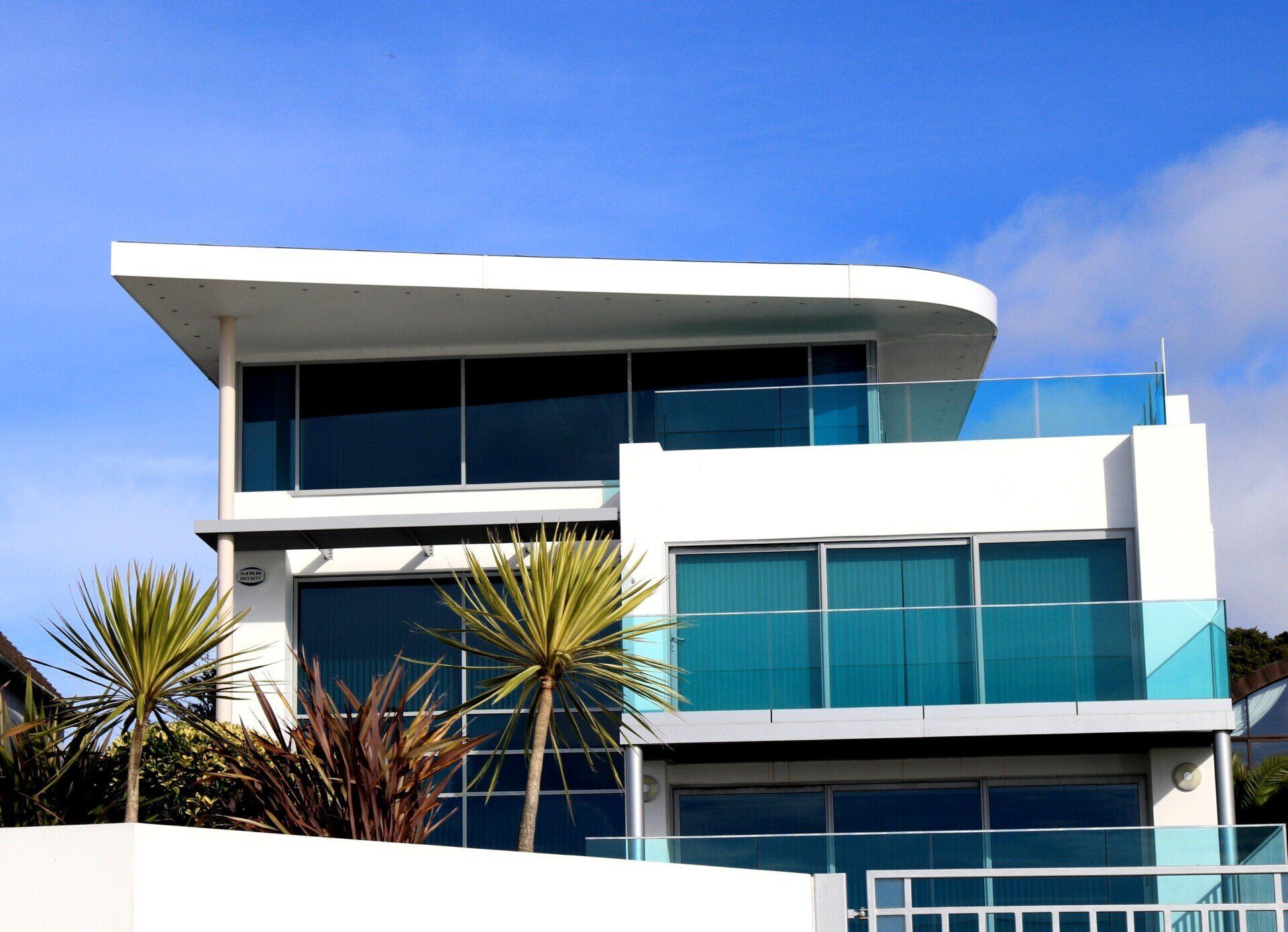THOROUGH • DILIGENT • COLLABORATIVE
COLLABORATIVE LAW
Collaborative Practice
"Fight for the things that you care about, but do it in a way that will lead others to join you."
Ruth Bader Ginsburg
What is Collaborative Practice?
Collaborative practice is an option when litigation or mediation don't quite fit the bill. It is a dispute resolution process in which the clients and their solicitors enter into a contract (Participation Agreement) to constructively negotiate an outcome together by collaboratively working towards resolving identified issues, without resorting to litigation.
Why is Collaborative Practice a good option?
The process allows clients to take responsibility for their issues and its resolution. The client retains control of the content of the matter, including the pace and cost of the process. Negotiations are private and confidential, and clients are assisted in reaching an agreement that, so far as possible, meets their goals and priorities, including the functioning of the family in the future, as well as issues in commercial or workplace relationships. The clients personally understand all of the implications of the matter and the options for a workable solution, while being able to put the legal issues into context with legal advice.



Slide title
Write your caption hereButton
How Collaborative Practice works
How Collaborative Practice works
A Participation Agreement provides that the lawyers must withdraw if an application to determine the dispute is made to a Court or Tribunal. This provision effectively focuses all the participants in the negotiation to work towards reaching a solution. It removes the temptation for either the clients or their lawyers to suggest or commence litigation. This strengthens the commitment of the clients and their lawyers to work together to achieve the clients’ settlement goals.
The clients, and their jointly appointed neutral experts, when required, must engage in open, honest and transparent integrated decision making during structured meetings. All of the negotiations are conducted in these meetings, which are typically between three and five in number.
The agenda for each meeting is pre-determined by the clients and their lawyers. Between meetings the clients, their lawyers and other required professionals work co-operatively to ensure all of the information relevant to each agenda is available in advance of the meetings. The lawyers also work with their respective clients to prepare them for each meeting, and debrief afterwards as required. Similarly, the lawyers consult with each other on procedural matters before each meeting and debrief on procedural issues after each meeting as required.
In summary, the clients' maintain control of the process from beginning to end, whilst being legally assisted.
A better way to get the result you want
It's not always necessary to go down the traditional litigation route when it comes to resolving your legal matter. That's why we use collaborative and less adversarial approaches to help you get the outcome you need.
Our team is comprehensively trained in mediation and dispute resolution—skills that ensure your matter is resolved affordably, and as soon as possible.
What our clients say about us

"Annie worked with me at a time when I required professional guidance, FAMILY LAW advice and empathy. She was efficient, understanding and mindful of my needs throughout the whole process. I would not hesitate engaging Annie in the future. She was respectful, fair and reliable. Annie’s communication is outstanding and I consider her experience, knowledge and skills in law integral to the successful outcome I required. Annie is the ultimate professional."
Rylie. G
Button
"I can’t thank you enough for all your help over the past 12 months. Your solidarity and understanding has seen me through one of the hardest times of my life. As bunches of flowers wither and fade, I give you this terrarium to show my everlasting gratitude. Many thanks"
Mother Mudgee 2022
Button
"I can't find words to express how amazing my experience with Annie Hales Sievers and her team from DLH Solicitors has been. Annie guided and reassured me along the difficult path of family law. I cannot express my gratitude and appreciation for everything Annie and the DLH team have done to achieve a positive outcome. I would highly recommend Annie and her team to anyone that wants a truly professional service and a solicitor who cares about the outcome and her clients.""
Mother / Grandmother Mudgee 2023
Button
© 2024
All Rights Reserved | DLH Solicitors



